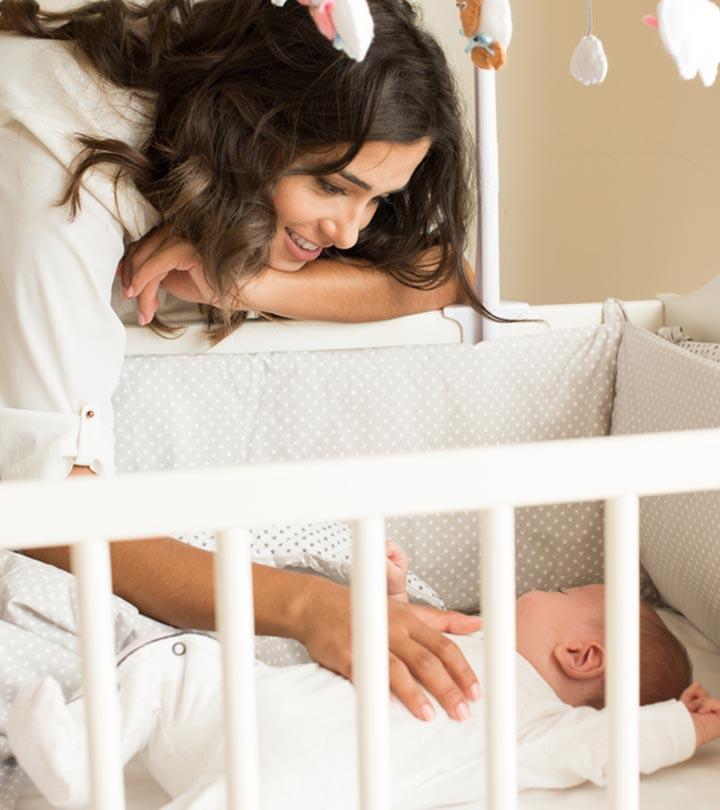
Image: @mingey/Instagram
One of the most loved American actresses, Amanda Seyfried, is now known for something more than just her splendid performance in Mean Girls and Mamma Mia — she is an advocate for mothers who suffer after childbirth. A mother of two herself, Amanda Seyfried is making extensive efforts to shed light on an issue that isn’t taken very seriously: the not-so-nice parts of motherhood. In fact, the actress also produced and starred in A Mouthful Of Air, a film that focuses on postpartum depression and a new mother’s battle with her demons after the birth of her second child.
Speaking about the thought process behind the movie, the actress and producer was vocal about how the healthcare system does not provide enough support for mental health issues in women who’ve just had a baby. More often than not, mothers are just forgotten and left to fend for themselves after the birth of their child — once the baby is delivered, they are sent home for good, with no fourth-semester follow-ups or postpartum depression screening. These young mothers have to fend for themselves at home and are burdened with further household or other work.
She went on to say that childbirth can be a traumatic experience in itself, but the trauma and anxiety do not end with the birth of your child. It can stick with you for days, weeks, or months. Amanda Seyfried said how she interacted with several new mothers, and they all had the same thing to say — anxiety and worry were their new normal in the aftermath of childbirth. Another significant concern they all shared was that they experienced great fear that their babies would die when they fell asleep during the night. This fear led to several mental health problems and a lack of sleep (1).
Image: @mingey/Instagram
Amanda Seyfried is a mother of two herself. The actress shared that she was one of the luckier ones who didn’t have to suffer from clinically diagnosed postpartum depression, but that didn’t make her transition to motherhood any easier. Mothers don’t just bounce back to normal after they have had a child; their bodies have gone through so many changes, their roles have changed, and their emotional and mental state has most likely taken a hit as well. There’s also the fact that mothers have to spend most of their time taking care of their babies, due to which their own physical and mental health are neglected. After the chaotic nine months of carrying the baby inside them and then going through the painful labor, the bodies of mothers go through much wear and tear. It’s common for new mothers to undergo many small and big other health issues all the time. When a new mother’s health starts deteriorating , both the mother and child would suffer as a consequence.
It is true that mothers who have just had a baby do not have it easy. Research conducted by the Centers for Disease Control and Prevention (CDC) has found that one in every eight women have at some point after childbirth experienced the symptoms of postpartum depression. Despite being so common, women are deprived of help due to cultural beliefs, the lack of medical understanding, and the stigma attached to postpartum depression (2).
What You Can Do To Help Yourself
Image: Shutterstock
Whether it is your first time or you’ve been down that road before, becoming a mother can be an overwhelming experience. You may experience baby blues, a sense of hopelessness, or even postpartum depression. There are a few things you can do to help yourself after childbirth that can help you a great deal (3), (4) :
- Rest As Much As You Can: You may have lost the luxury of sleep soon after the arrival of your baby, but rest and sleep are essential. Get some sleep when your baby sleeps. Take turns with your partner to watch over your baby, or ask someone to watch over them as you take some rest. You can also limit the number of visitors in the first few weeks after childbirth so that you can catch up on your sleep instead.
- Never Compromise On Healthy Food: Your body needs all the nutrition you can give to restore strength and help your body heal better. It also needs nutrition so you can feed your child. Drink plenty of water and do all you can to maintain a well-balanced diet.
- Exercise As Much As You Can: The benefits of exercise aren’t limited to physical well-being; it extends to mental health too. Set aside 30 minutes each day to engage in physical activity such as walking or yoga.
- Interact With Your Baby: Don’t limit the interactions with your baby to just your motherly duties. Make efforts to build a bond and get to know your child by talking to them, smiling, skin-to-skin contact, and massaging.
- Get Some Sunshine: Living in your PJs within the comfort of your home may seem tempting, but try taking a stroll or sitting outdoors in the sun for a bit. Sunlight is believed to be a mood-lifter!
- Don’t Be Afraid To Reach Out For Help: Talk to your doctor if you need medical intervention. There are a lot of support groups that allow you to connect with other moms who are going through similar experiences as yours.
We’re glad that celebrities like Amanda Seyfried are making efforts to voice the concern of mothers all across the world. When a known voice raises such issues, more people pay attention. People also start taking the issue more seriously once they become aware of the dangers posed by such issues. Motherhood is one of the most profound experiences, but there is no denying that it has its share of pain and trauma. It is time we normalize the grim reality that a lot of mothers face after childbirth. Tell yourself this — you are doing your best. What was your experience after delivery? What do you think can help during this crucial phase? Let us know in the comments below!
References
- Depression During and After Pregnancy
https://www.cdc.gov/reproductivehealth/features/maternal-depression/index.html - The Utilization of Cultural Movements to Overcome Stigma in Narrative of Postnatal Depression
https://www.ncbi.nlm.nih.gov/pmc/articles/PMC7661847/ - Vitamin D and Depression: Where is all the Sunshine?
https://www.ncbi.nlm.nih.gov/pmc/articles/PMC2908269/ - Depression After Your Baby’s Birth: Self-Care Steps To Take
https://www.uhhospitals.org/Healthy-at-UH/articles/2020/04/depression-after-your-babys-birth-self-care-steps-to-take














